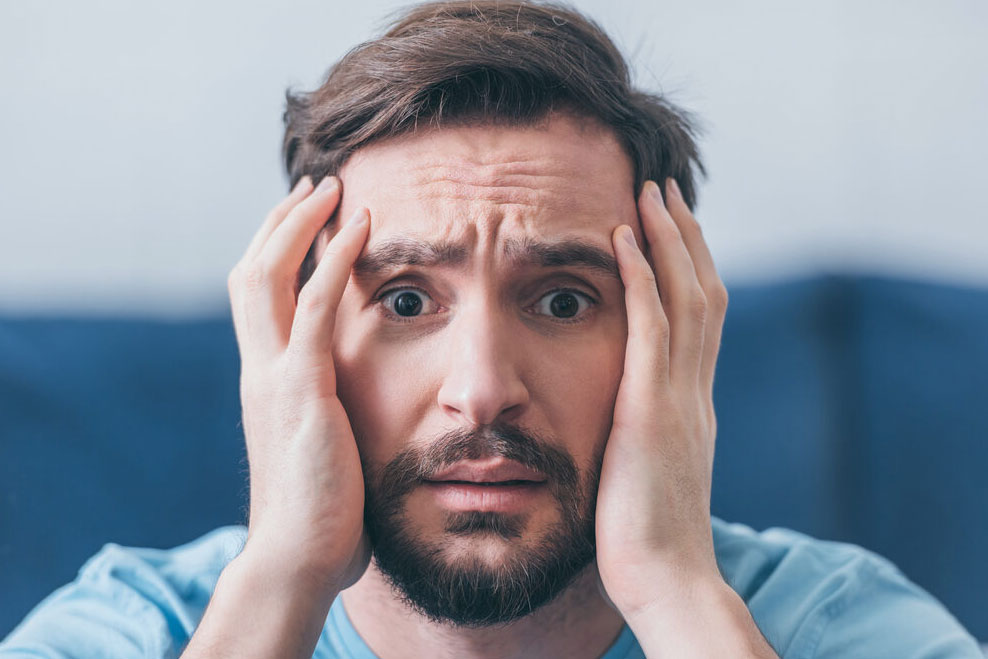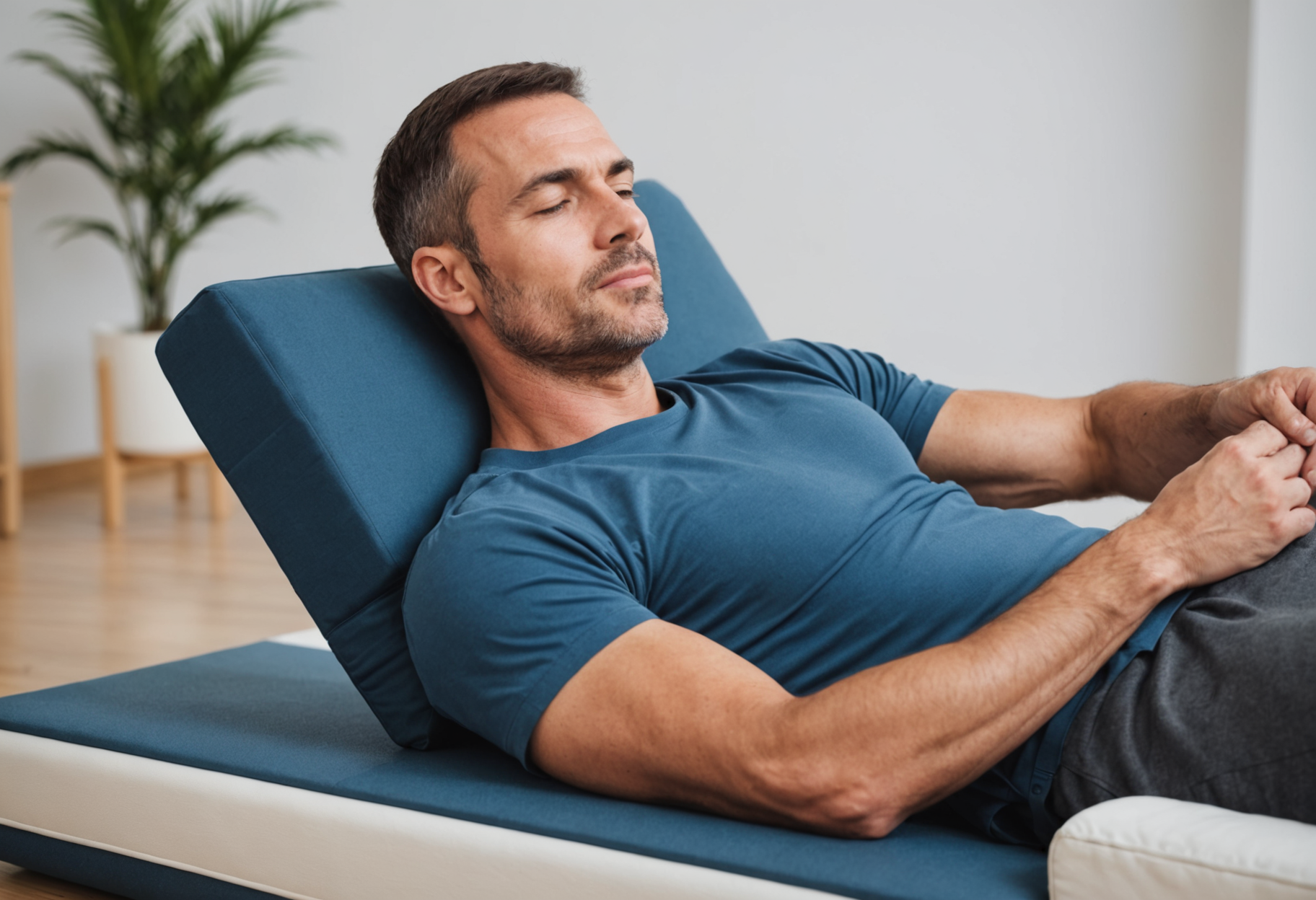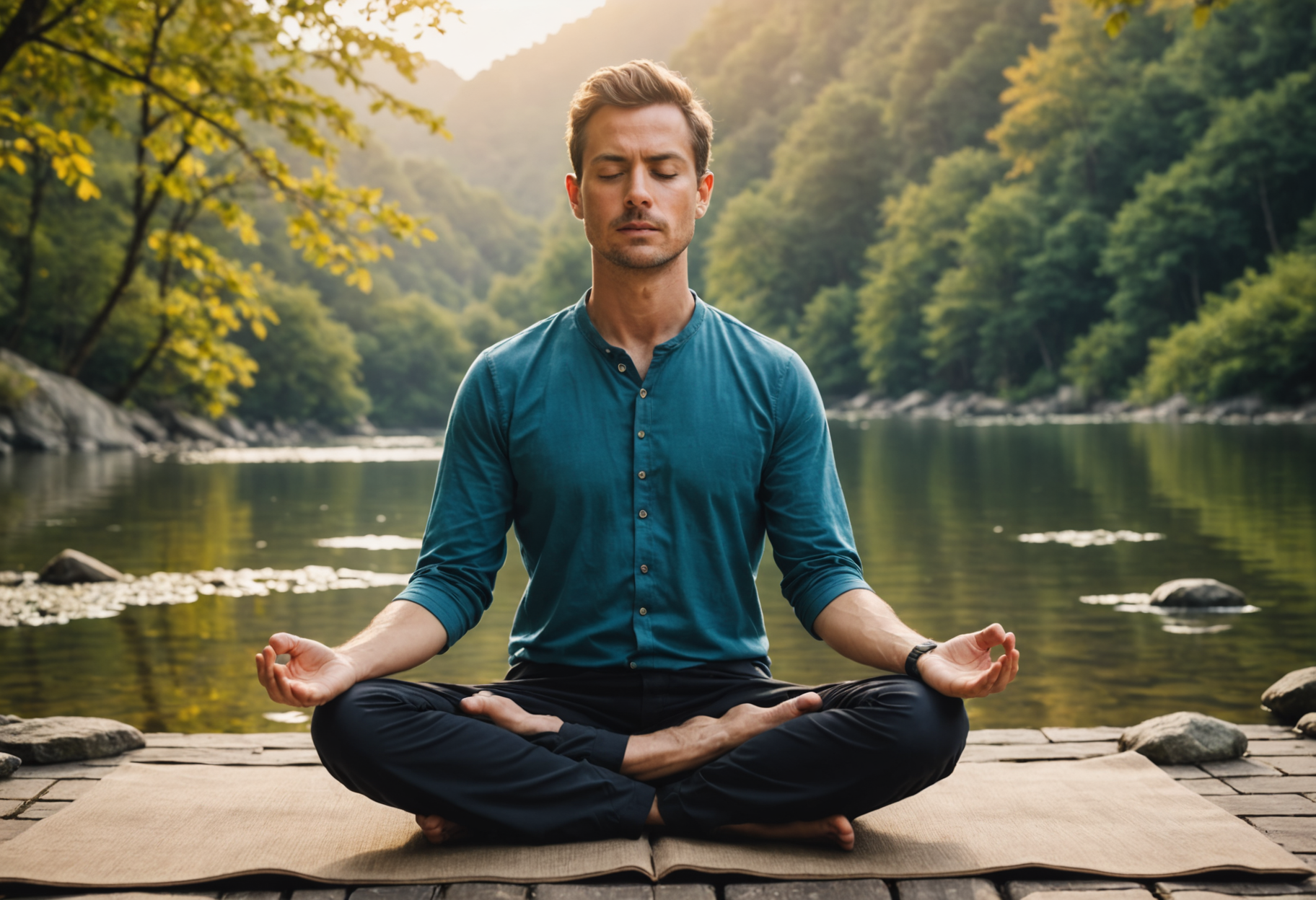Shaking from anxiety can be a frightening experience, making you feel physically and emotionally overwhelmed. Whether it's trembling hands, shaky legs, or an uncontrollable internal jitteriness, this symptom is a common part of the anxiety response. The good news is that there are proven ways to manage and reduce shaking. In this guide, we’ll explore how to stop shaking from anxiety with easy-to-implement techniques and expert-backed strategies that help calm your body and mind.
Understand Why Anxiety Causes Shakes

Before learning how to stop shaking from anxiety, it’s essential to understand why it happens. When you’re anxious, your body activates the 'fight or flight' response. This causes a surge of adrenaline, increasing your heart rate and preparing your muscles for action. Part of this response can include muscle tremors or shakes. Recognizing that the symptom is part of a natural body reaction can help reduce fear and give you more confidence in managing it.
Practice Deep Breathing Techniques

Deep breathing is one of the most effective ways to calm anxiety and minimize physical symptoms like shaking. By taking slow, controlled breaths, you help return your body to a calmer state. Try inhaling through your nose for a count of four, holding for four seconds, and exhaling through your mouth for six seconds. Practicing this technique several times a day can make a significant difference in how often you experience shaking from anxiety.
Use Progressive Muscle Relaxation

Progressive muscle relaxation (PMR) is a method where you tense and relax different muscle groups to reduce physical tension. This not only relaxes your muscles but also diverts your mind away from anxious thoughts. Practicing PMR daily can help you control the shaking linked with anxiety. Start with your toes and work your way up, pausing for a few seconds between tensing and relaxing each group.
Avoid Stimulants That Can Worsen Shaking

Stimulants such as caffeine, nicotine, and certain medications can exacerbate shaking during anxious moments. If you're struggling with shaking, try eliminating or reducing your intake of these substances. Instead, switch to calming alternatives like herbal teas, such as chamomile or peppermint, which promote relaxation and support efforts to stop shaking from anxiety.
Engage In Regular Exercise

Physical activity is a powerful stress reliever and can reduce the intensity and frequency of anxiety-related shaking. Exercise releases endorphins—your body’s natural mood lifters—and helps regulate your nervous system. Even a short daily walk or routine stretching can make a big impact over time on how to stop shaking from anxiety naturally and effectively.
Practice Mindfulness Meditation

Mindfulness meditation teaches you to focus on the present moment, reducing the tendency to ruminate and worry excessively. Over time, mindfulness can significantly reduce anxiety symptoms, including shaking. Begin with short, guided sessions to build a habit. Apps like Headspace or Calm can help structure your meditation practice and aid in your journey of anxiety management.
Stay Hydrated And Eat Balanced Meals

Dehydration and low blood sugar can mimic or intensify anxiety symptoms like shaking. Make sure you're drinking enough water throughout the day and eating well-balanced meals with protein, complex carbs, and healthy fats. Avoid skipping meals, as this can increase cortisol levels and worsen your body's response to anxiety.
Seek Support From A Mental Health Professional

If your anxiety and shaking are severe or persistent, it’s crucial to speak to a licensed therapist or counselor. Cognitive Behavioral Therapy (CBT) and other therapeutic approaches have been proven effective in treating anxiety disorders. A therapist can tailor a treatment plan specific to your needs and help you explore the root cause of your anxiety, guiding you on how to stop shaking from anxiety long-term.
Consider Natural Supplements And Relaxation Aids

Some natural supplements like magnesium, L-theanine, and CBD oil have shown promise in managing anxiety symptoms. While more research is needed, many people report a decrease in physical symptoms like shaking after using these remedies. Always consult your healthcare provider before starting any supplement to ensure it’s safe and right for you.
Shaking from anxiety doesn’t have to control your life. By understanding its root causes and implementing strategies such as controlled breathing, muscle relaxation, and mindfulness, you can effectively manage and reduce this symptom. With time, consistent practice, and possibly professional support, you can overcome anxiety-induced shaking and gain peace of mind. Remember, learning how to stop shaking from anxiety is a journey—but it's one you don’t have to take alone.


